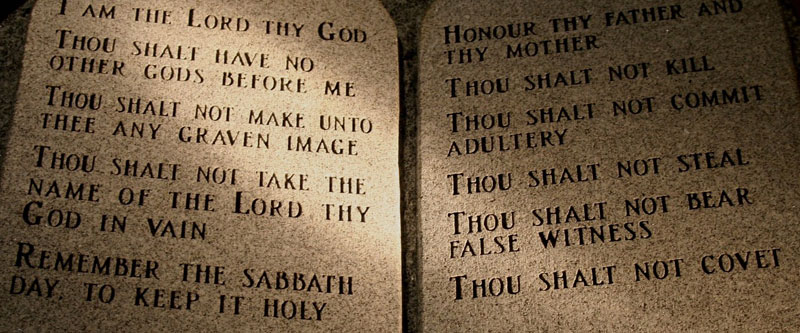
I love the book of Acts. It is a book that contains so many examples of God’s faithfulness to his church. It is a book that gives confidence to the Christian that the church will be preserved by the Holy Spirit, which can be helpful in a time when the church’s strength and influence seems to be waning. Acts is also a book where the work of the Holy Spirit through the early church is described in some detail. For example, the content of the teaching of the early church can be seen in the descriptions of the different “sermons” that are preached by the apostles in this book.
In this article, I want to focus in on Paul’s speech before Festus and Agrippa II in Acts 26. In verses 20 Luke gives a standard outline for a Pauline sermon. It is quite simple: 1. Repent and turn to God; 2. Perform deeds in keeping with repentance. In my experience, the first point in his sermon would be commonly recognized by most Christians. But since today’s church in the West leans more toward antinomianism, the second point may cause some to bristle.
It is important to separate the justification of the believer from any sense of works. The free gift of the gospel given by grace through faith is a doctrine that demands protection. It has been attacked throughout the history of the church. One manifestation of such an attack comes through the Pharisees. The Savior describes these men as white-washed tombs which look pretty on the outside, but on the inside are filled with dead men’s bones (Matt. 23:27ff). They were busy doing lots of stuff, but on the inside they were decayed. However, comparing the Pharisees to the 2ndpoint of Paul’s outline, there is a significant difference. Whereas the Pharisees performed many deeds, their deeds were not in keeping with repentance.Paul is calling the Christian to live out the principle in James 2:17: “So also faith by itself, if it does not have works, is dead.” Paul’s point is that repentance and turning to God leads to deeds in keeping with that repentance.
Scripture has examples of the change that takes place in a converted person. Luke 8:26ff records the deliverance by Jesus of the Garasene demoniac. This man was tormented by a legion of demons. While casting them out, they asked Jesus if they could take up residence in a herd of pigs. As a result, the pigs rushed down the steep bank and were drowned. The response of the residents was to ask Jesus to leave. But the healed man literally begged Jesus to be allowed to accompany him (v. 38). Jesus refuses his request, instead commanding the healed man to tell people all that had been done for him, which he does with enthusiasm (v. 40). That is a biblical example of performing deeds in keeping with repentance. The demoniac no longer does the perverse deeds associated with his demon possession. Now he follows his Savior, obeying him in all things. His deeds flow from his deliverance. They do not lead to his deliverance.
These deeds are the second plank of Paul sermon. Once the human heart is given new life unto salvation, Paul expects this man, woman or child to perform deeds in keeping with repentance. The language of Christians doing or performing deeds may make the Christian uncomfortable. It can even evoke cries of “Legalism!” But for Paul it is the natural fruit of a life changed by the Holy Spirit. The key is to view these deeds in light of God’s work of sanctification, rather than justification. So in what ways can the Christian today perform deeds in keeping with repentance?
The way of the flesh and the way of the Spirit are opposites in Scripture. For example, the works of the flesh are seen in strife, jealousy, and fits of anger while the fruit of the Spirit is peace. The work of the flesh is sexual immorality but the fruit of the Spirit is faithfulness (Gal. 5:20, 22). So, Christian, do you want to perform deeds in keeping with repentance? Then you must do the opposite of what your flesh desires, in accordance with God’s word, ensuring that your deeds are not an end in themselves, but are “in keeping with your repentance.”
The point of this article is not any specific application. These may come later. Rather it is seeking to recapture a biblical truth: the life of the converted Christian should be characterized with a preoccupation toward personal piety and holiness. That is not legalistic. That is the natural fruit that flows from the heart that is redeemed by grace through faith.





